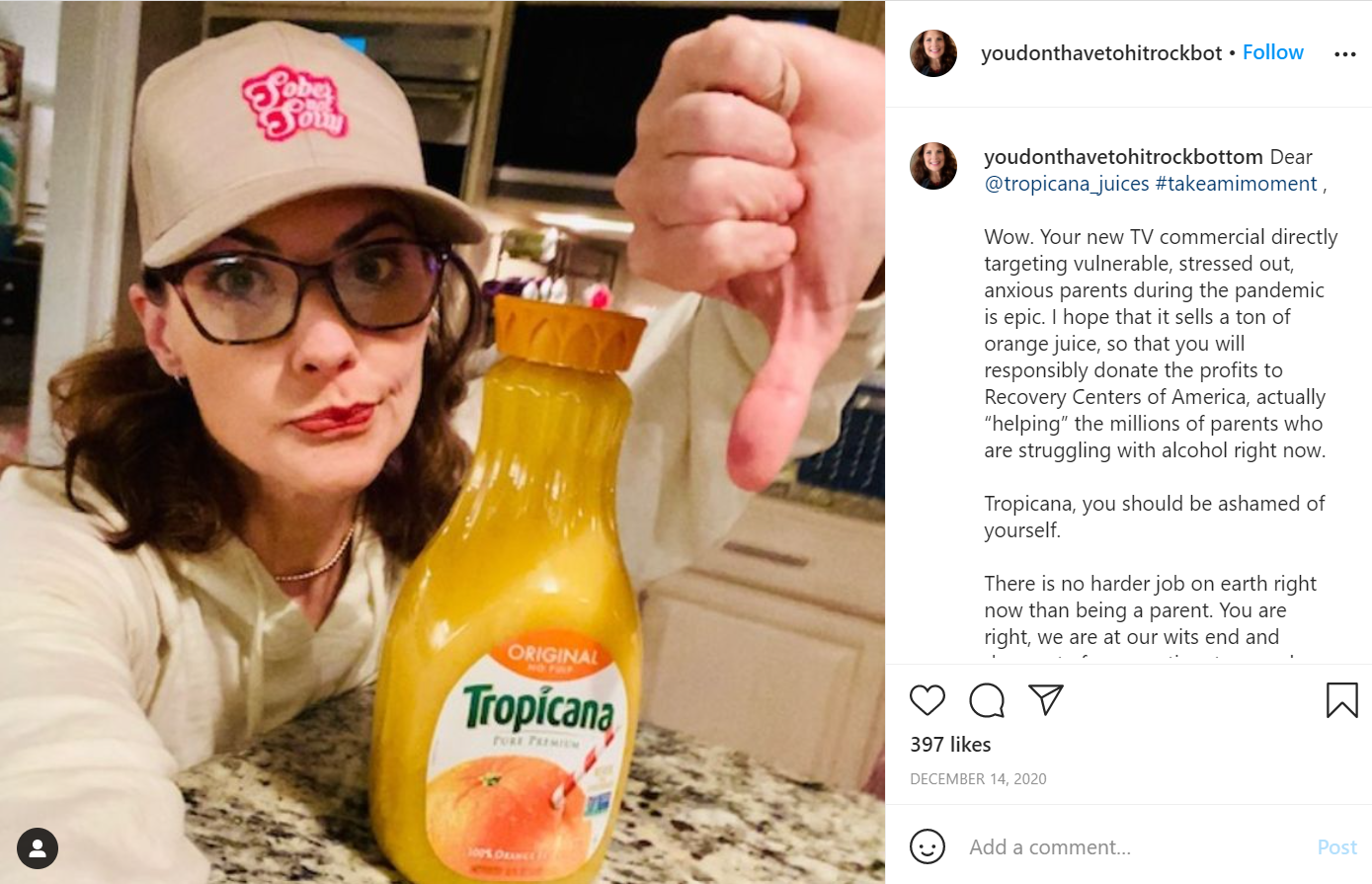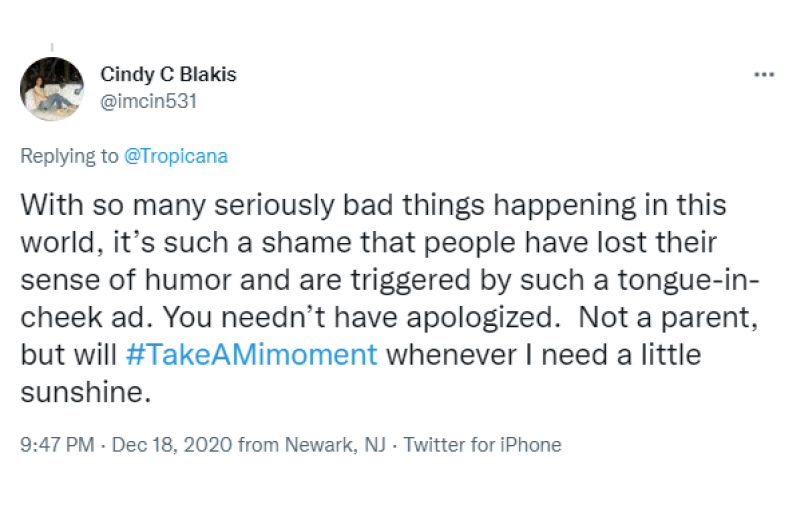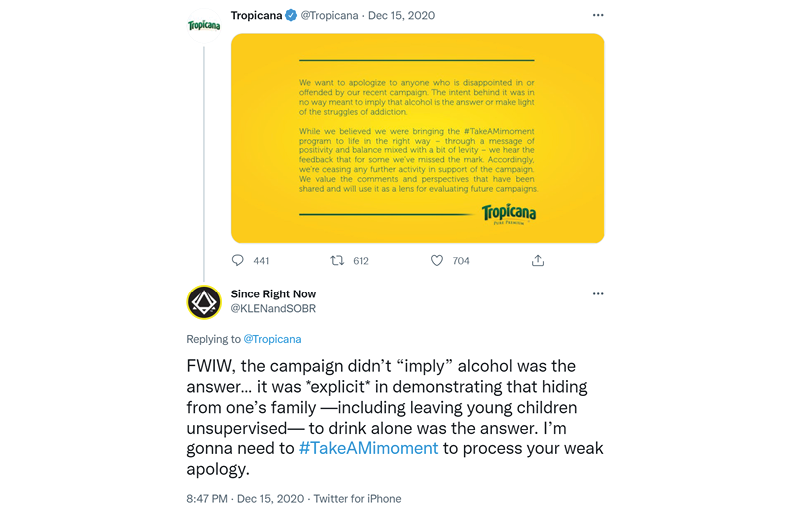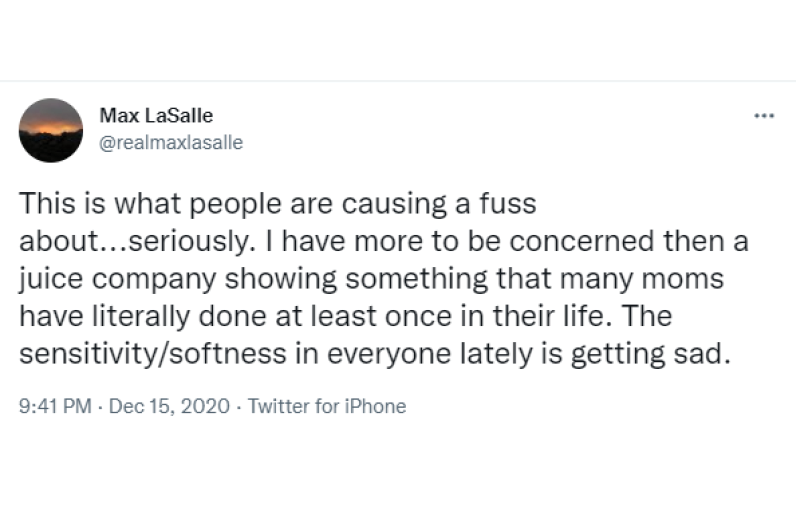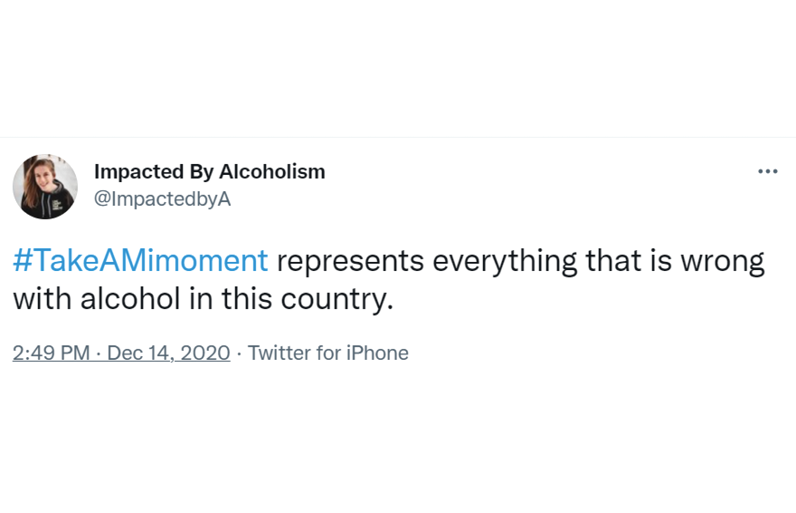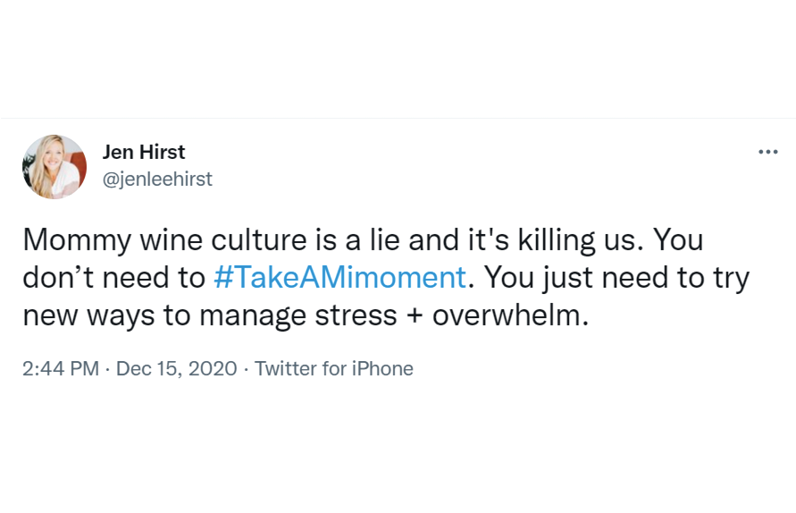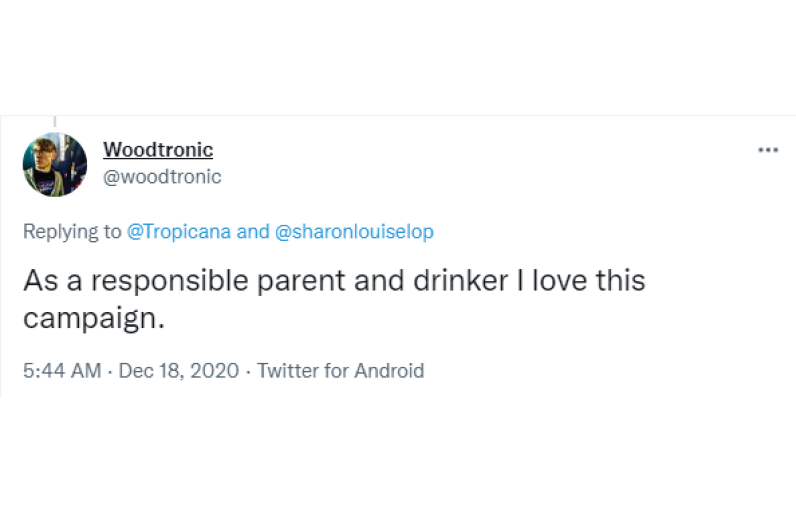Crisis Corner: When Your Humor Misses the Mark
*Disclaimer: Our firm does not represent Tropicana but is examining their communications response in our crisis series.
Have you ever read about a large, public crisis and wondered how you would have responded? Learn from our crisis communications team and join us each month as we break down real-life scenarios, walk through key insights and learn appropriate response tactics. Back-to-school season often comes with added stress, and recent ad campaigns have tried to relate to parents as they deal with the challenges of remote learning. This month we are diving into Tropicana’s parent-targeted #TakeAMimoment campaign and sharing a few “sobering ” lessons learned after public backlash.
How do you respond when humor misses the mark? To learn more about Tropicana’s #TakeAMimoment campaign, read AdAge’s article and check out Tropicana’s ad on Twitter.
Challenge
WHO: Tropicana
WHAT: Trying to make light of pandemic parental challenges, Tropicana released an ad encouraging day-drinking. The seemingly witty campaign turned sour when sobriety advocates voiced their disapproval.
WHEN: December 2020
WHERE: Twitter
WHY: The beverage brand hoped to appeal to parents’ humor by encouraging “self-care” with tropical mimosas during the pandemic without considering the sensitive climate, especially with the recent spike in alcoholism and mental health issues.
Response
Image Source: Twitter
Six days after the ad campaign launched, Tropicana released a lengthy Twitter statement apologizing for its approach.
The company acknowledged concerns and shared it was ceasing all campaign activity.
Tropicana also shared its intent, owning that it had missed the mark and would use this as a lesson to better evaluate future ad campaigns.
Takeaways
Acknowledge your mistake succinctly. Overexplaining can lead to various issues, like blame shifting or contradicting yourself. Tropicana clearly and concisely acknowledged its mistake in the Twitter statement.
Show you care. Express empathy for those you offended and remorse for doing so. By listening to audience feedback and valuing its customers’ comments and perspectives, Tropicana displayed its genuine concern.
Take action. Apologizing isn’t enough; you must show how you will right your wrong. In Tropicana’s case, the beverage brand took action by ceasing the campaign.
Demonstrate your commitment. Explain how you will use your audience’s feedback moving forward. Tropicana mentioned at the end of their statement that they plan to use this lesson as a lens for evaluating future campaigns.
Although Tropicana initially missed the mark with its humor, the brand’s swift response, genuine apology and steadfast commitment to better listen to its audience saved its reputation and retained many of its OJ-loving customers. If the brand wanted to further demonstrate its commitment, Tropicana could have partnered with a sobriety group or released the company’s reviewing process for campaigns moving forward.

